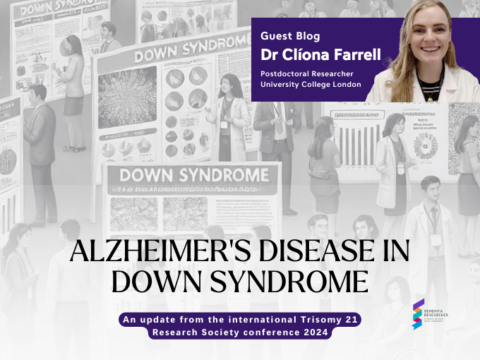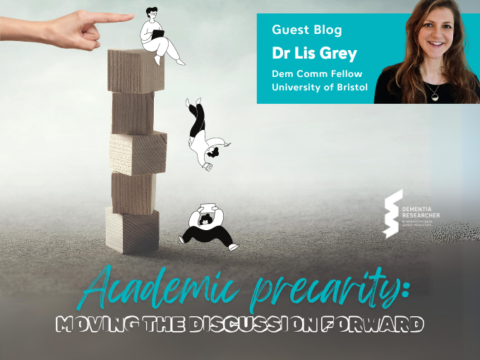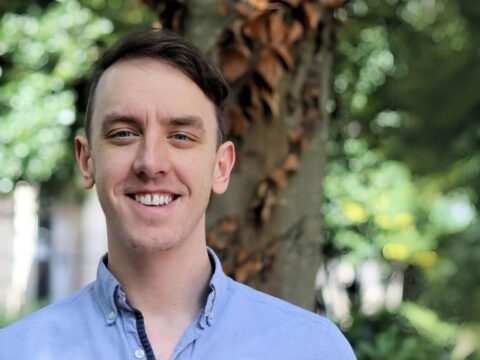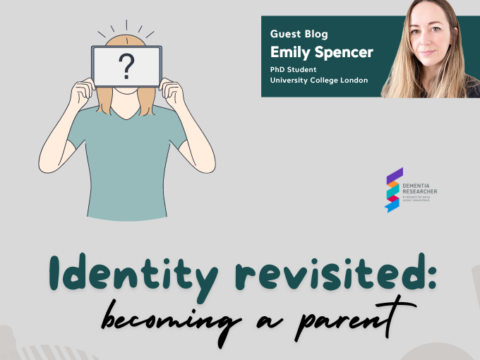
Engaging in social activities is key to living well, including in dementia. Often however, dementia can make it difficult for people living with the condition to access social activities, including cinema clubs, arts groups, or horse riding, to name just a few. This is because groups may not be dementia friendly, and people living with dementia might feel displaced.
Some people might also face problems because of their socio-economic backgrounds. People may struggle to access a social activity in their community because it might be too far away and struggle using transport. Or they can’t afford paying for an activity every time they attend.
To overcome some of those barriers, and to provide a free social activity to people with dementia and their family carers, The Brain Charity in Liverpool offers 12-week courses that not only increase social inclusion, but aim to attend to some of the physical symptoms that are caused by a progressive condition such as dementia. There are two streams of innovative workshops, in one, singing – which has well-known benefits for wellbeing, is coupled with Speech & Language therapy; in the other, dance is offered with physiotherapy. Anyone living with dementia is welcome, and the Charity has already started the second round of a total of 10 rounds of their service.
In their singing groups, Speech & Language exercises, for example phonation, postural work and deep breathing are coupled with well-known songs which stir emotions, and hopefully memories. ‘All together now’, by The Farm, and ‘Stand by me’ by Ben E. King have become rousing favourites in the current workshop, alongside the best of Liverpool’s born and bred – The Beatles always get participants loudly singing along.
The physiotherapist and dancers have worked alongside each other to build dance routines, based on a range of physio exercises which aim to minimise the risk of trips and falls, amongst which, for example; small lunges, mini-squats and hip marching. The dance sessions are always lively, with rock ‘n’ roll, chair based tangos and Fred Astaire amongst the favourite routines.
So far, over forty people with dementia and their carers have joined in the singing groups, and more than sixty have danced to the sounds of Harry Bellafonte and Fleetwood Mac.
Over the course of those three years of singing and dancing groups, The Brain Charity is collecting data to evaluate their service – which is where the research aspect comes in. At the NIHR CLAHRC (soon ARC) NWC, I am jointly with The Brain Charity evaluating the effects that attending the groups has on both the person living with dementia and their family carers. As a researcher, it’s fantastic to be working with a real-life service that is not just put in place for the period of a funded research intervention. No, instead, this service exists outside of the research remit, and as a researcher, I am supporting the Brain Charity to understand and produce evidence of the benefits of this service. We would hope it is effective, and having hard evidence to prove this would make it much easier for the organisation to apply for follow-on funding to keep these activities going.
Maybe we researchers should apply our knowledge much more to what already exists and is provided – we don’t always need to develop new interventions, but just look around and try and work with organisations that already provide the services.
Author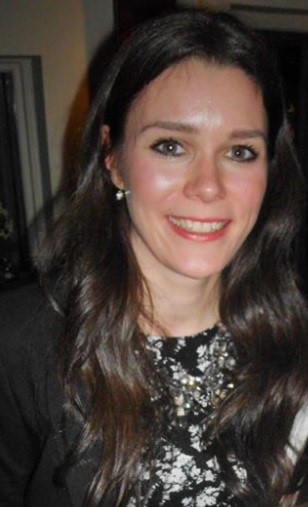
Dr Clarissa Giebel is a Postdoctoral Research Associate at the University of Liverpool and NIHR CLAHRC North West Coast. She has been working in dementia care research for over 7 years focusing her research on on helping people with dementia live at home independently for longer.
You can follow Clarissa on Twitter Follow @ClarissaGiebel

 Print This Post
Print This Post